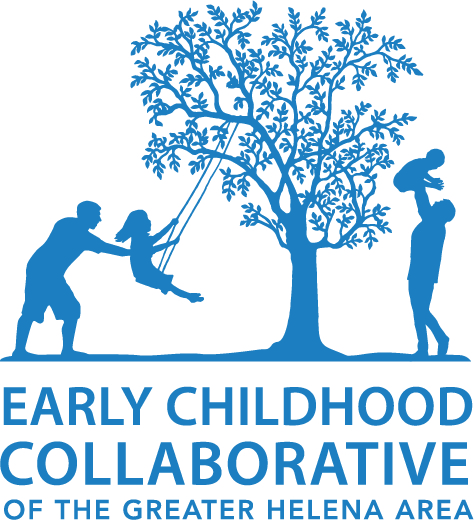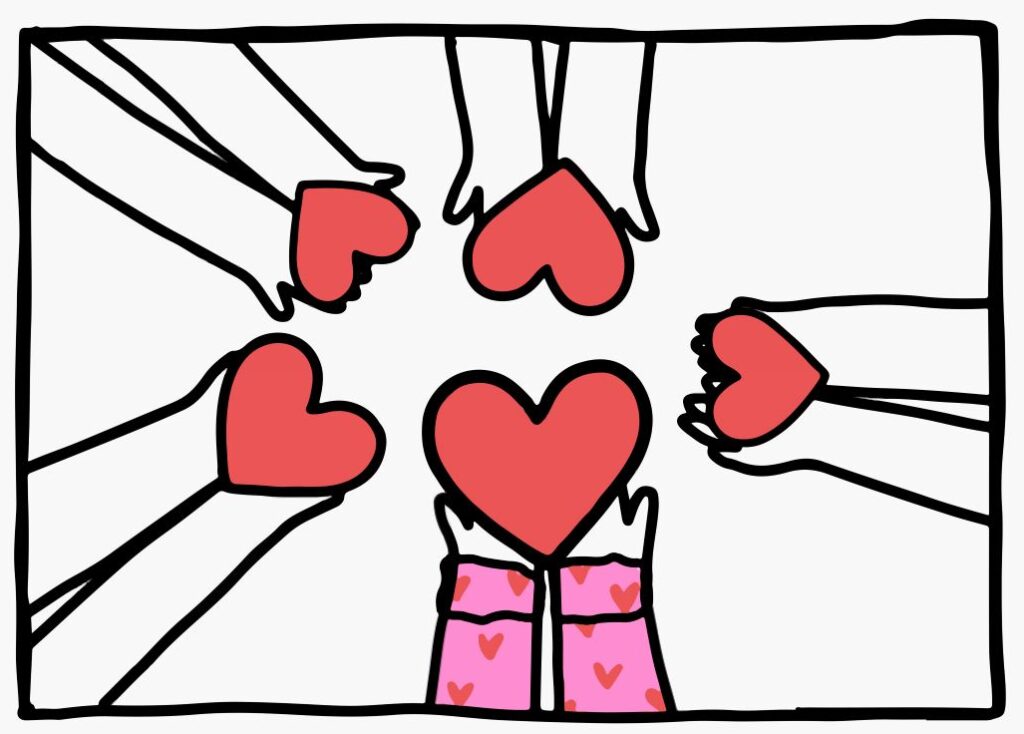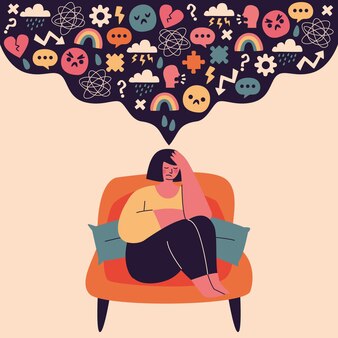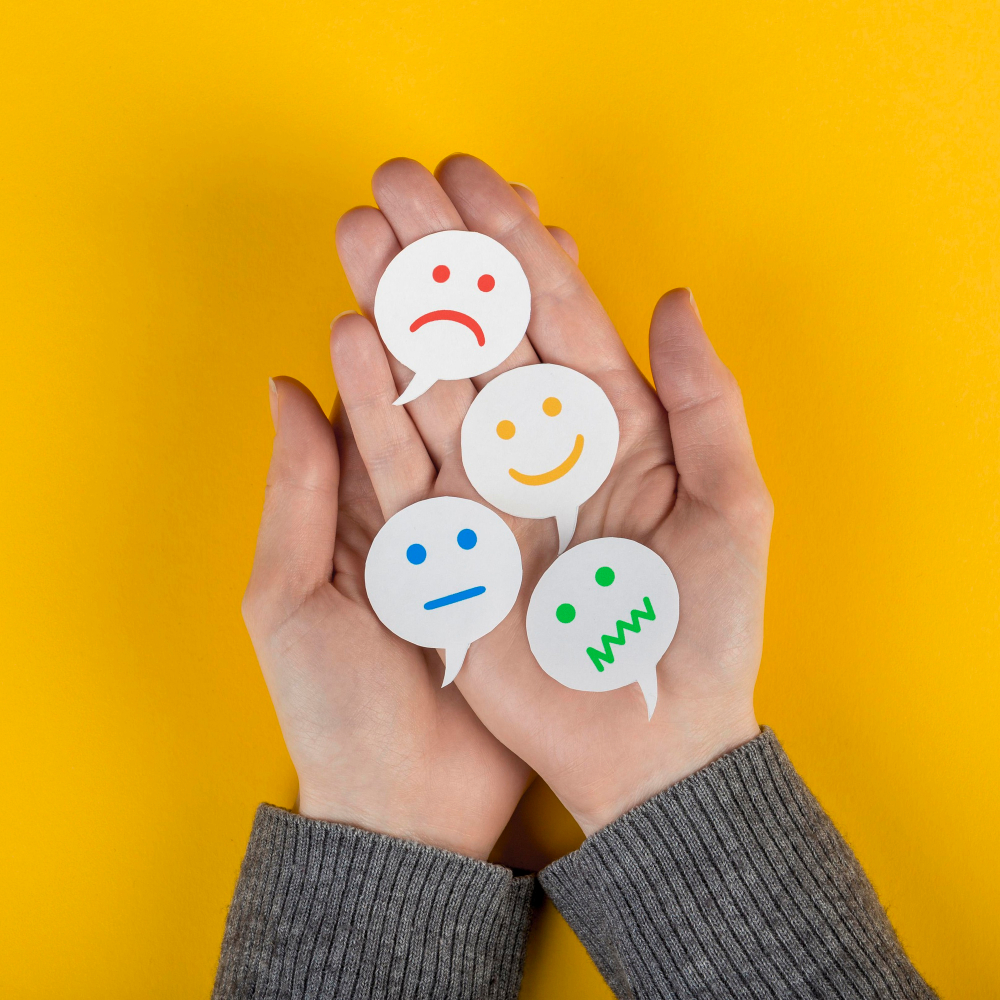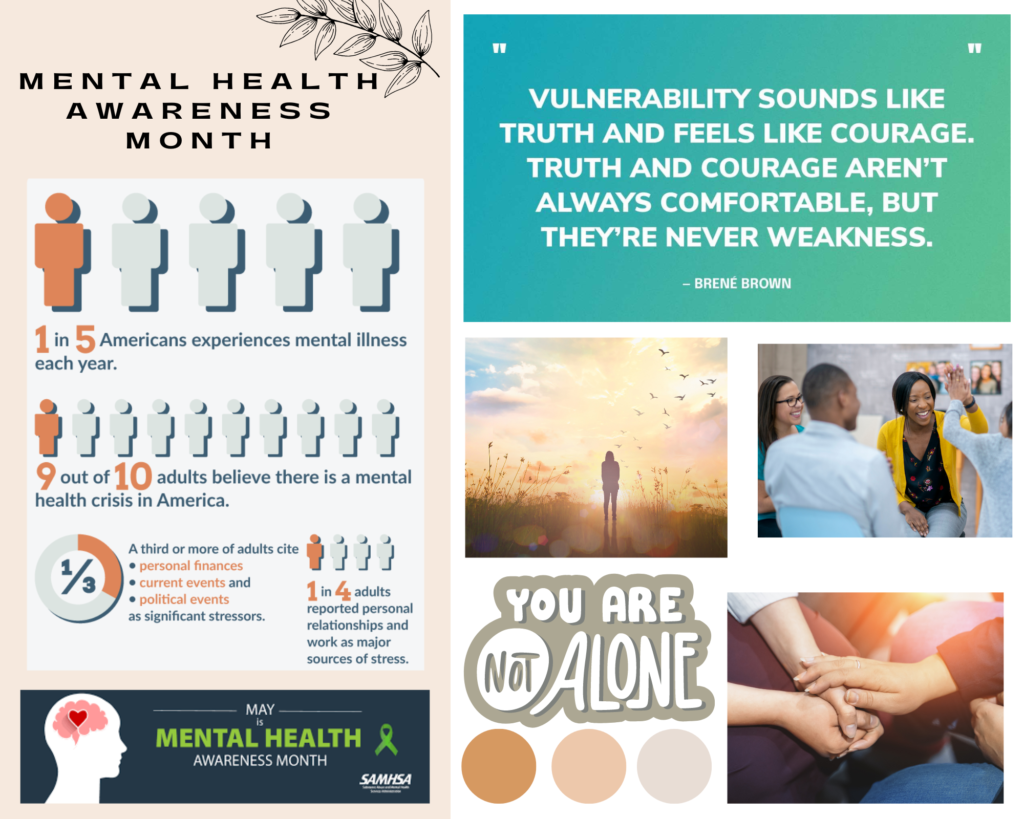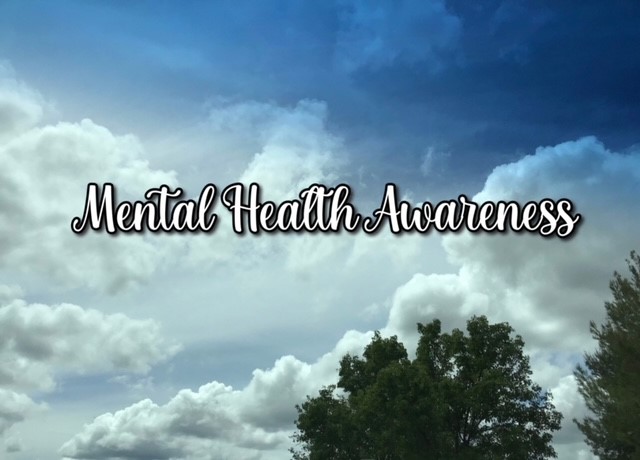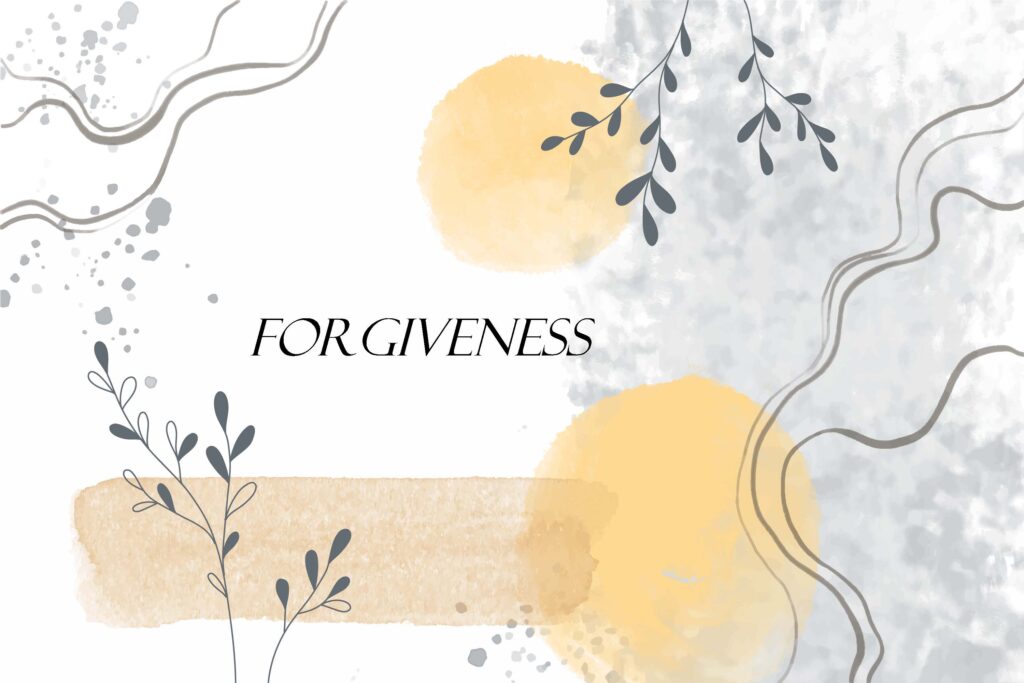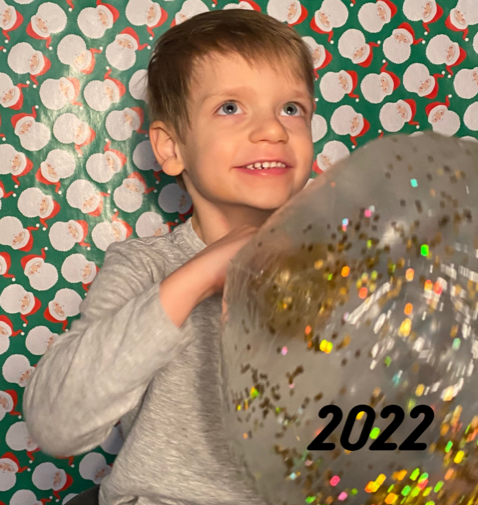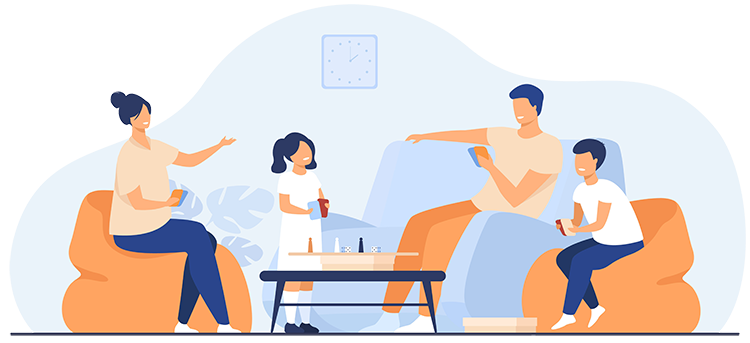I grew up between Helena and Great Falls, after my parents split, when I was around 3, and my brother was 9. I got the gift of seeing two very different parenting skills. My mom hovered and made sure I did what I was supposed to, and when I didn’t, there were consequences. My dad was very trusting and comforting, but very enabling. They both were amazing, and did the best with what they had, but I had one person in my life that gave me consistency, and that was my stepdad. My mom remarried when I was 7 years old. He was a teacher and coach in this community for over 50 years, and treated me and all my family, as if we were blood. What he was one day, was what he was the next, and when he said he would do something, he did it, and he did it with integrity.


